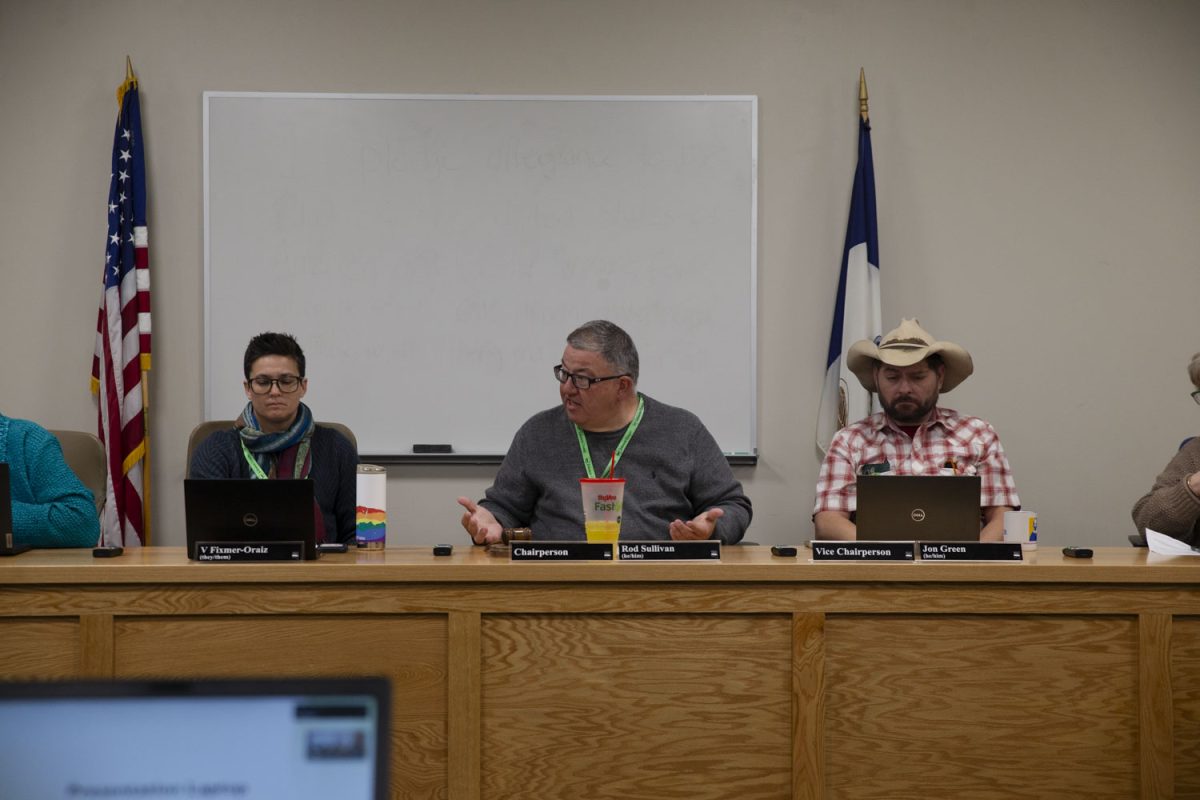Iowa has begun the process of identifying students on the autism-spectrum after a report released by the Iowa Department of Education identified 3,102 students in the state who have confirmed autism.
“This gives a pretty good picture, since in Iowa we don’t [officially] call kids autistic, we call them eligible individuals,” said Martin Ikeda, primary author of the report. “This is only the first step, but it’s a great first step and a good prerogative to better serve students with a disability who are at risk to not be ready once they leave school.”
According to the report, researchers had to use two databases and aggregate the data in order to identify students on the spectrum due to the differences in definitions. The report further identified the Iowa City area as having one of the highest concentrations for students on the Autism-spectrum — a distinction it shares with 17 other areas across the state.
One of the possible future concerns the report identified was the number of services students identified on the autism-spectrum receive in comparison to academic performance.
“What struck me is that it looks great the amount of service on the I.E.P [one of the databases], but there’s not a lot of academic growth,” Ikeda said. “We need to know what kind of services [teachers] are using we need to know what’s happening.”
One official who works with Iowa school districts said that while she was unable to address Ikeda’s concerns, she felt teachers are learning to help students on the Autism-spectrum.
“You can always have more instruction, because there’s no data that shows me that’s not the case,” said Kathy Sivill, an autism resource Challenging Behavior team leader in the Mississippi Bend Area Education Agency who said she works on comprehensive plans for individual children.
Susan Lagos Lavenz, associate dean of education at the University of Iowa, said colleges are continuing to work with teachers to develop the skills necessary to help prospective teachers work with students with Autism and other learning disabilities, which is a already a requirement due to accreditation.
Ikeda said future research will include a survey of higher education institutions like the UI and how they prepare prospective teachers to teach students on the autism-spectrum.
“We are responsible for seeing teachers reach a wide array of students,” she said. “And making sure they know the resources that will be available to them as teachers, and to their students and their families.”
Sivill said she is always for more professional development, but she believes that how districts address autism has changed over time.
“Over time more and more [autism-spectrum students] are included in general-education class settings,” she said. “It used to be one student, then one class, then one school … and now we look at what the district can do.”
Ikeda said they want to track Iowa students they identified, and to eventually expand their findings to students statewide.
“We want to expand the process, and flush out [our findings] for all 70,000 kids,” he said. “We want our kids to leave school ready for life …”






